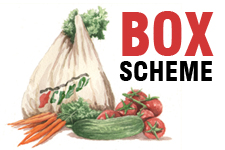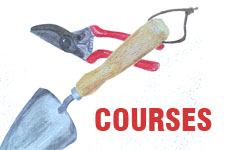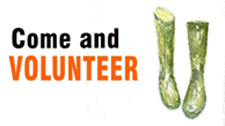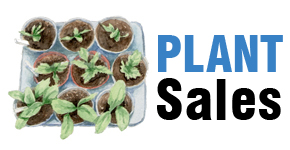Permaculture as a term was coined in the mid-seventies to describe strategies for creating sustainable food growing methods. However, permaculture has gone beyond its roots to become a worldwide movement encompassing all aspects of how we as human beings can live harmoniously in relation to each other and the earth and its finite resources. It seeks to create sustainable human habitats by following nature’s patterns. This is a ‘design system’ looking at how elements are placed in relation to each other with the aim of creating a self-sustaining, low input-high output, non-exploiting whole.

At OrganicLea, you will see many examples of permaculture food growing in practice. This includes companion planting – putting beneficial plants side-by-side, compost toilets, rainwater harvesting, and recycling of materials. As well as considering permaculture in our food growing, we aim to apply the idea of permaculture and interconnecting elements to our work away from the site. This includes encouraging others to get involved in our projects – with open days and the offer of training, delivering our fresh produce using electric vehicles and bicyles, working with community organisations to promote our produce to local families, and the way we work and develop as an organisation.
OrganicLea’s Hawkwood Nursery is a Permaculture Association LAND project, part of a national network of model demonstration sites.
‘History is littered with societies that over-exploit their resources, they are all now extinct. We are rapidly moving to the same situation. By designing rationally however, we can set up the systems we need for good living in such a way that they don’t destroy or pollute. Permaculture is the most coherent system yet devised.’
– Steve Reed, permaculture designer and teacher.




